Overexploitation combined with environmental pollution and climate change are seriously depleting aquatic resources in our country in general and Binh Thuan province in particular. Therefore, controlling the degradation of aquatic resources is an issue of concern because aquatic resources play an important role in biodiversity, the natural environment, and providing food for humans.
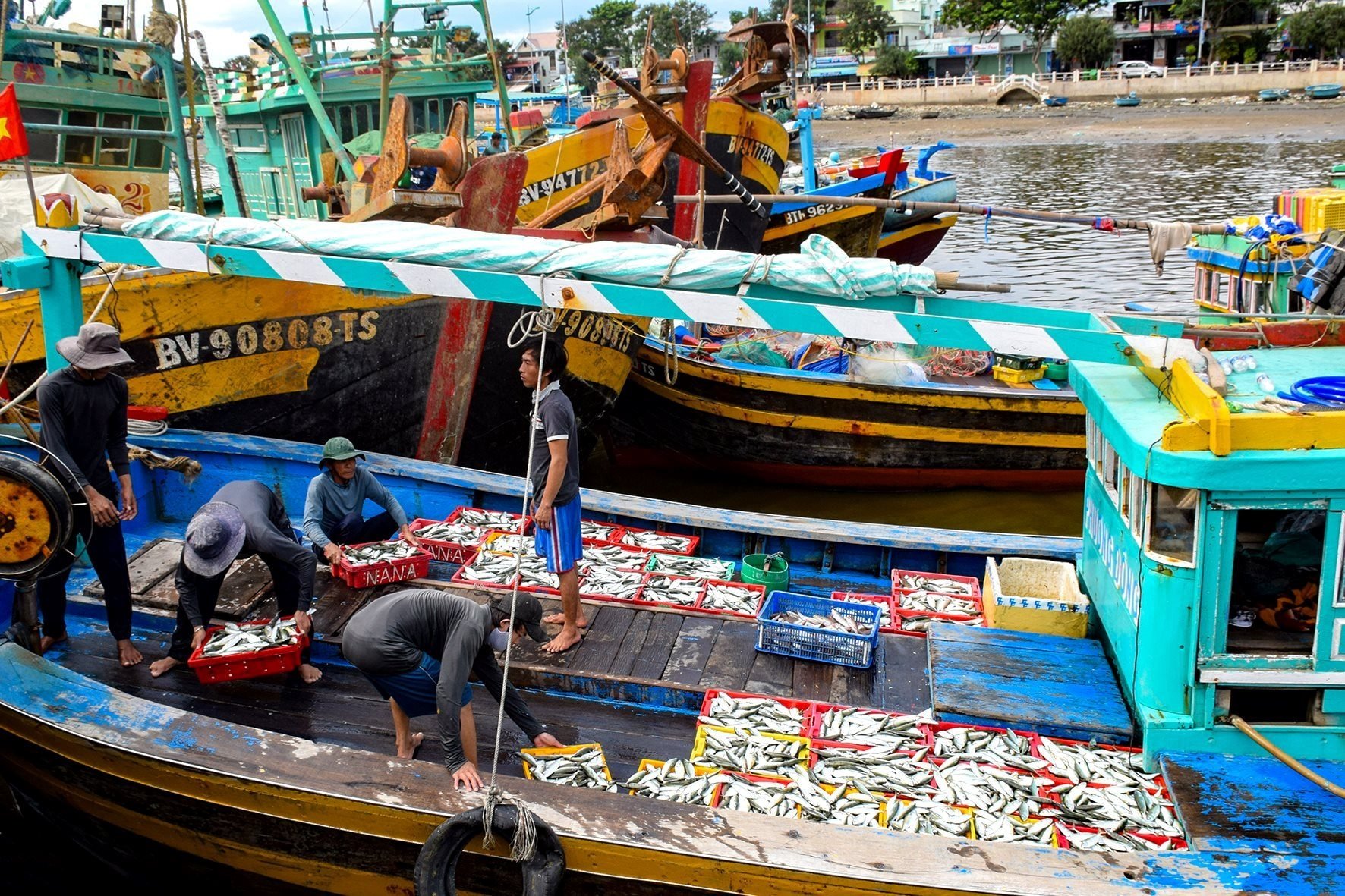
Exploitation associated with aquaculture
The sea area of Binh Thuan has been blessed by nature with diverse and abundant marine resources, especially aquatic resources. However, in recent times, aquatic resources in the sea area of Binh Thuan, especially coastal aquatic resources, have declined significantly. There are many reasons for the decline in coastal resources, but mainly due to overexploitation and narrow fishing grounds. In addition, trawling with small mesh sizes and non-selective fishing have devastated fishing grounds and resources, destroyed the ecological environment of coral reefs, grass beds - seaweed, and caused the loss of habitat, reproduction and development of aquatic species. Therefore, aquatic resources in the sea area of the province have declined in recent years. Aquaculture and fisheries are two key contents in the fisheries sector in the current period. If aquatic exploitation depends on natural aquatic resources, aquaculture will diversify aquatic resources. Abundant, diverse and reasonably exploited aquatic resources will bring high economic efficiency, stable income for workers, and improved fishermen's lives. On the contrary, destructive exploitation and environmental pollution will cause depleted and poor aquatic resources, leading to reduced exploitation output, low productivity, unstable income from exploitation, and low fishermen's lives. Aquaculture is a solution to proactively use the potential of the sea surface, apply advanced science and technology in seed production, industrial feed, and commercial farming processes, resulting in high productivity and good product quality, and take advantage of the exploitation labor to switch to aquaculture. Aquatic resources are renewable biological resources, a premise for sustainable development of exploitation and aquaculture. The strategy for sustainable development of Vietnam's marine economy to 2030, with a vision to 2045, sets out the development of the marine economy, in which exploitation and aquaculture rank 4th among the 6 key marine economic sectors of Vietnam, creating great potential for the development of the fisheries sector, in which exploitation activities associated with the protection and development of aquatic resources are strengths for the development of the fisheries sector. In recent times, the Government has issued many policies for fishermen to stay at sea and fishing grounds, focusing on the protection, regeneration and development of aquatic resources, encouraging the development of marine aquaculture to improve the efficiency and income of fishermen towards the development of effective and sustainable exploitation and aquaculture, contributing to ensuring national defense and security of the sea and islands. The improvement of the material and spiritual life of the fishing community also contributes significantly to poverty reduction and economic development.
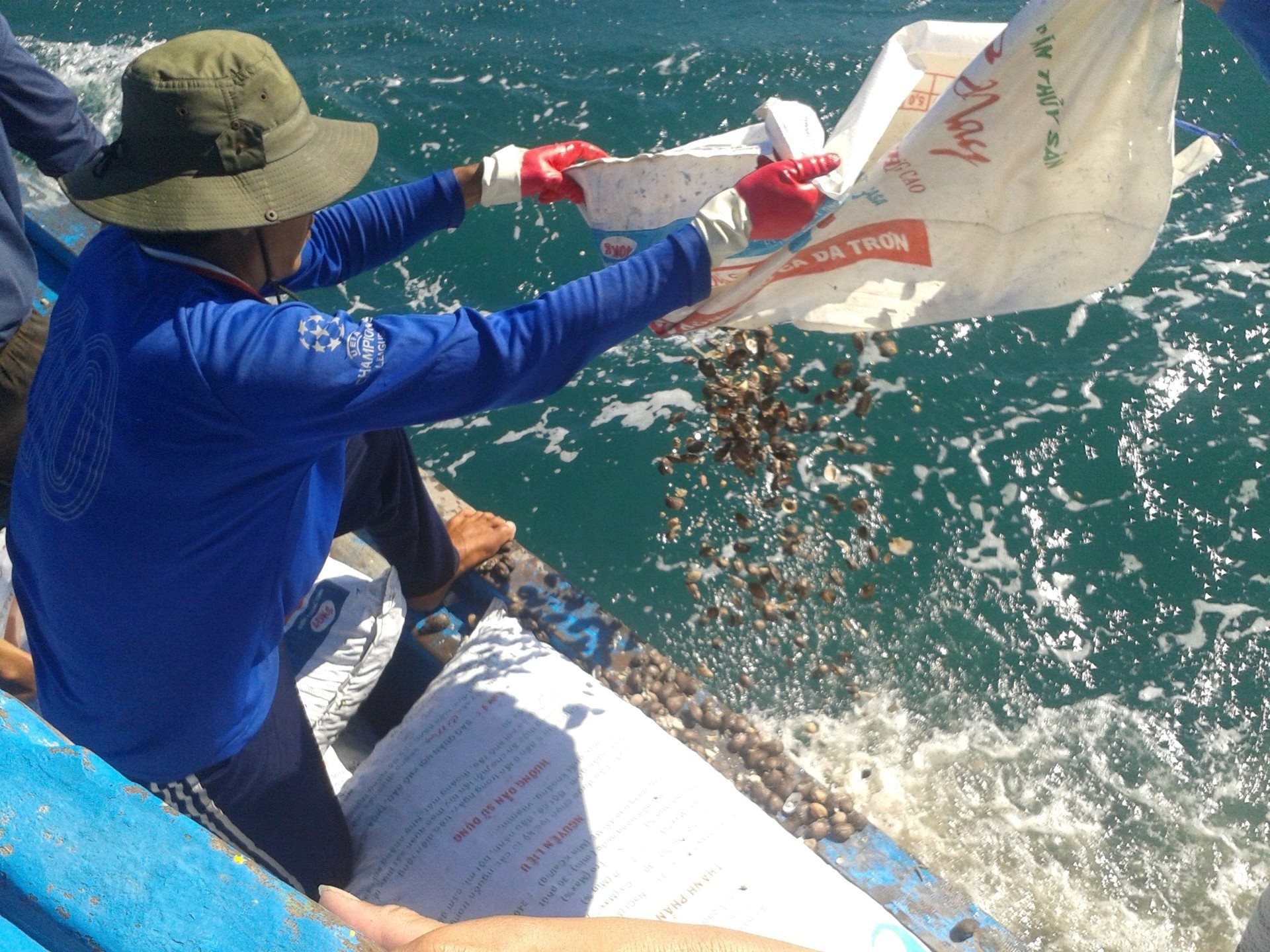
Adjust and restructure fishing professions accordingly.
In addition to the achievements, aquaculture, protection and exploitation of aquatic resources in the province are facing many challenges such as illegal, unreported and unregulated (IUU) fishing, the decline of aquatic resources in the entire sea area due to overexploitation, and limited fishing structure. Especially, fishing vessels in coastal waters use destructive fishing gear, non-seasonal fishing, high post-harvest losses, inadequate safety equipment for fishing vessels, unsynchronized infrastructure and fishing logistics services, declining aquatic reserves, and a number of fishermen have not strictly complied with the regulations of Vietnamese and international laws during the fishing process. The work of conserving, protecting and developing aquatic resources has been paid attention to, but the results have not yet achieved the set goals. Along with that, the process of international economic integration in the region is posing new opportunities and challenges for the province's marine fisheries. The province's fisheries sector is entering a new stage of development, in the context of the unstable and complicated security and political situation in the world and in the East Sea. The 4.0 industrial revolution has had a great impact on the development orientation of protecting and exploiting aquatic resources in the new period. Currently, Binh Thuan province is also shifting from traditional aquaculture and exploitation to industrial, high-tech applications. Promote sustainable aquaculture and exploitation activities, strengthen the protection and regeneration of aquatic resources, and strictly prohibit destructive exploitation activities. Promote the application of advanced science and technology in aquaculture, exploitation, preservation, creating key products with high quality and economic value, meeting market demand. To achieve this goal, the Provincial People's Committee has requested to adjust and restructure fishing occupations in accordance with the exploitation capacity of aquatic resources in the direction of not developing and gradually reducing some types of fishing occupations that are not friendly to resources and the environment, have low selectivity, and exploit immature aquatic resources in coastal waters. At the same time, strengthen patrolling, inspection, control, prevention and timely handling of violations of the law on exploitation and protection of aquatic resources, focusing on Hon Cau marine reserve, aquatic resources protection areas, and areas where fishing is prohibited for a period of time. Resolutely handle activities using electric pulses, toxic substances, explosives, destructive fishing occupations and gear, exploiting aquatic species with sizes smaller than prescribed, exploiting, transporting, buying and selling endangered, precious and rare species. Coordinate with functional forces such as: specialized fisheries inspectors, forest rangers, fisheries inspectors, navy, coast guard, waterway traffic police, border guards, local police... Conduct inspection, control, detect and handle violations of the law on exploitation and protection of aquatic resources at sea and inland areas, associated with the work of preventing and stopping IUU fishing.
Source: https://baobinhthuan.com.vn/ngan-chan-su-suy-giam-nguon-loi-thuy-san-124205.html



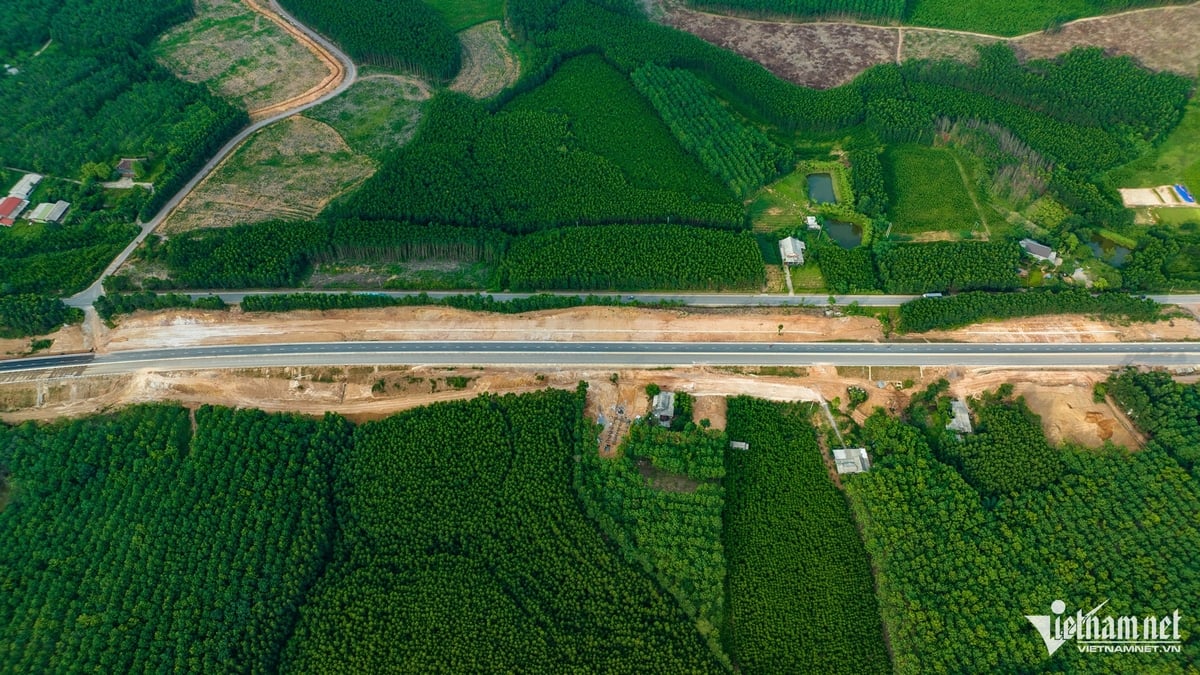
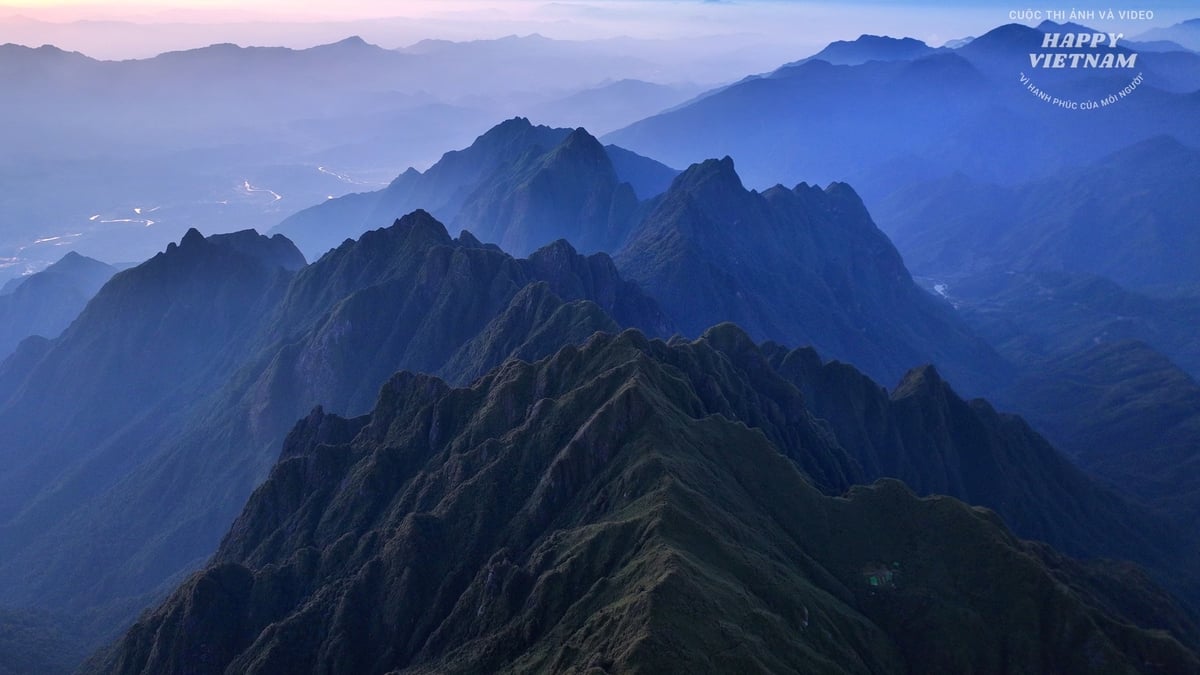



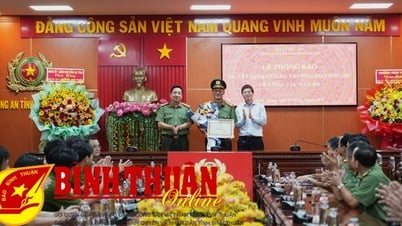


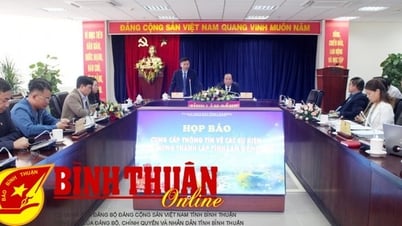

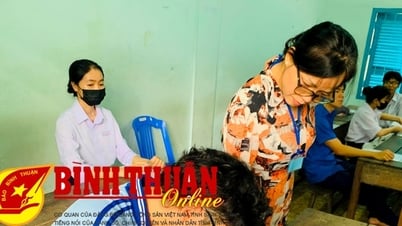





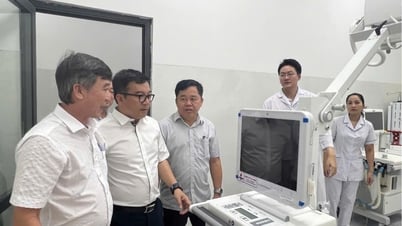
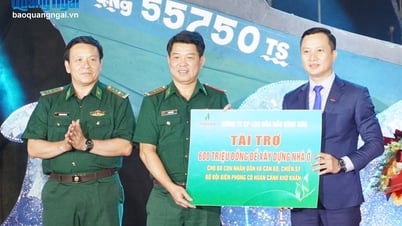

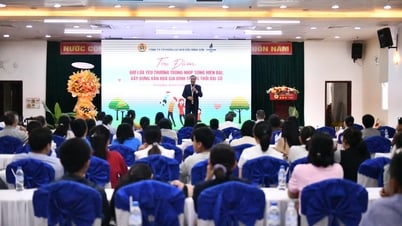
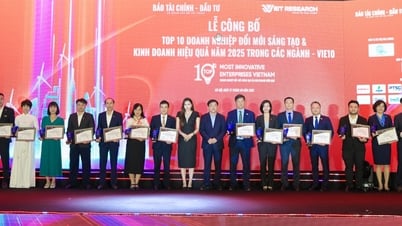

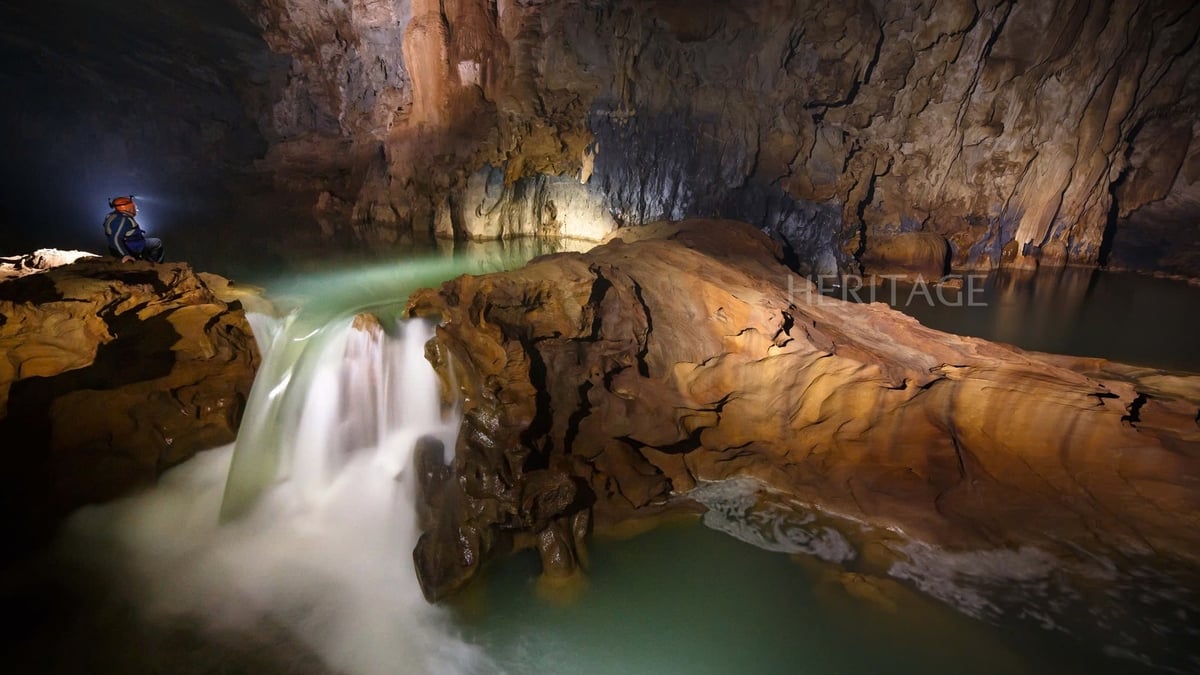
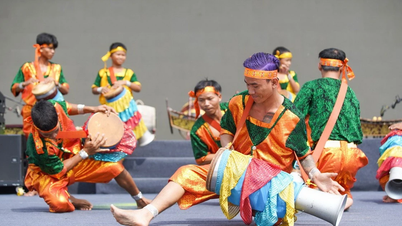



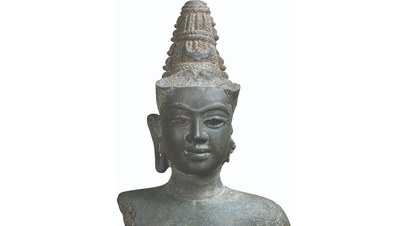

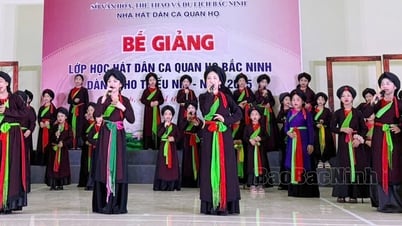

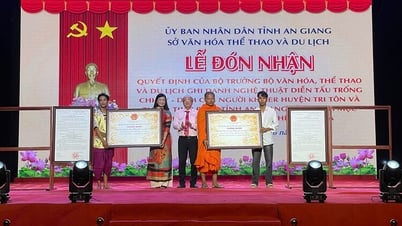

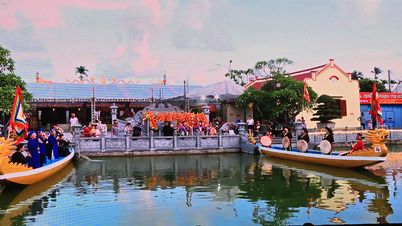

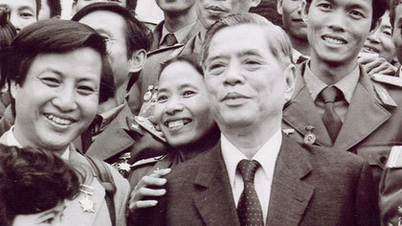

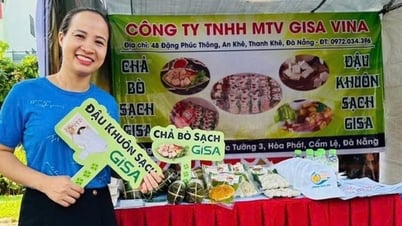

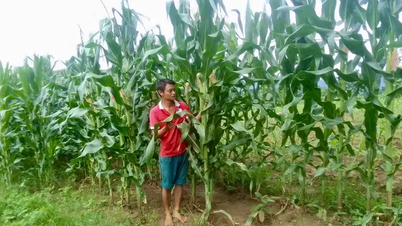

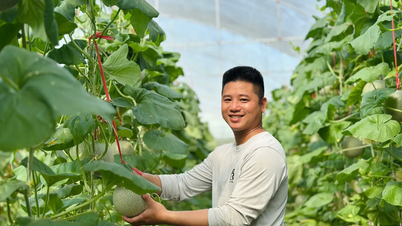





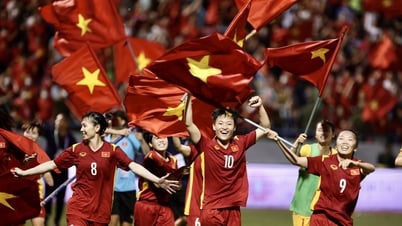
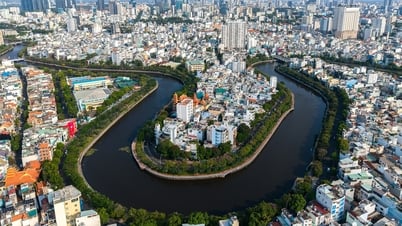

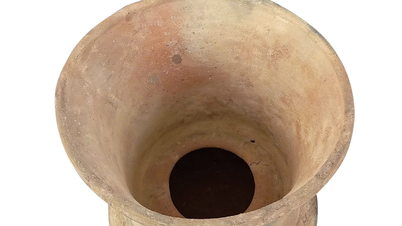



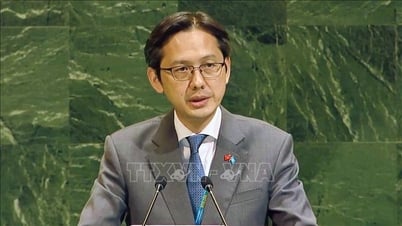

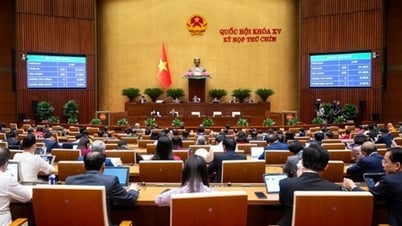

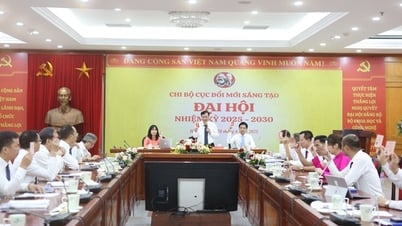
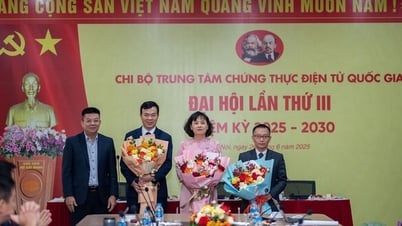
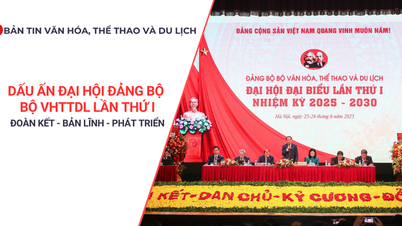

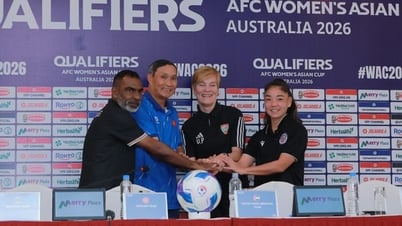
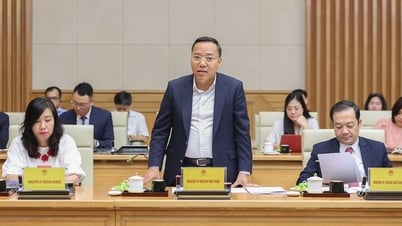

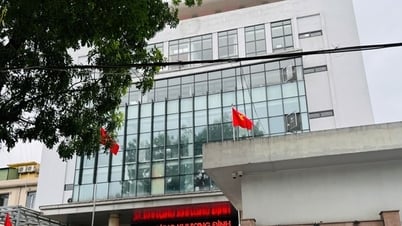

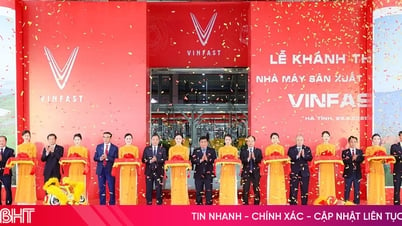

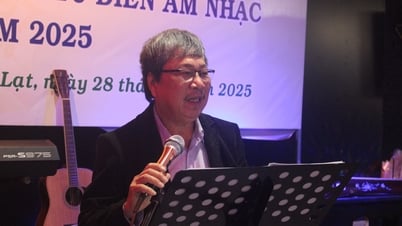

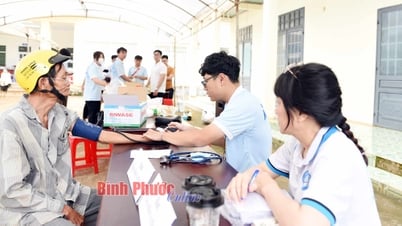


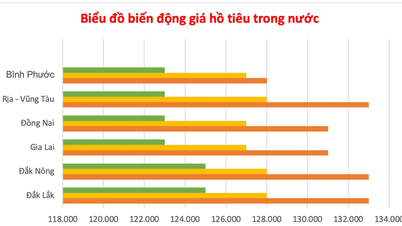













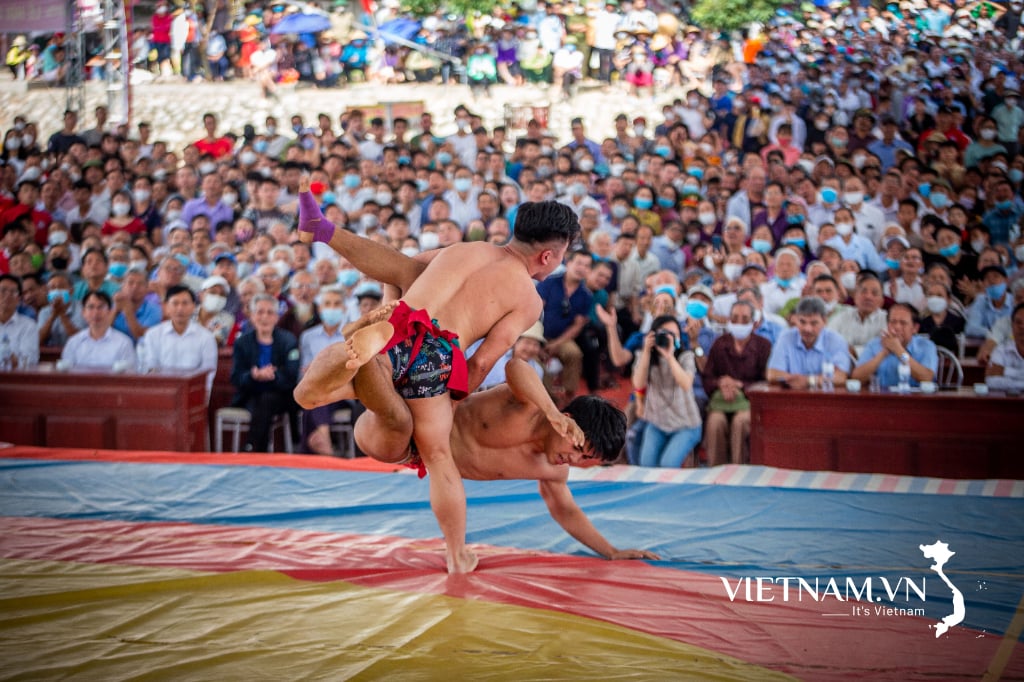
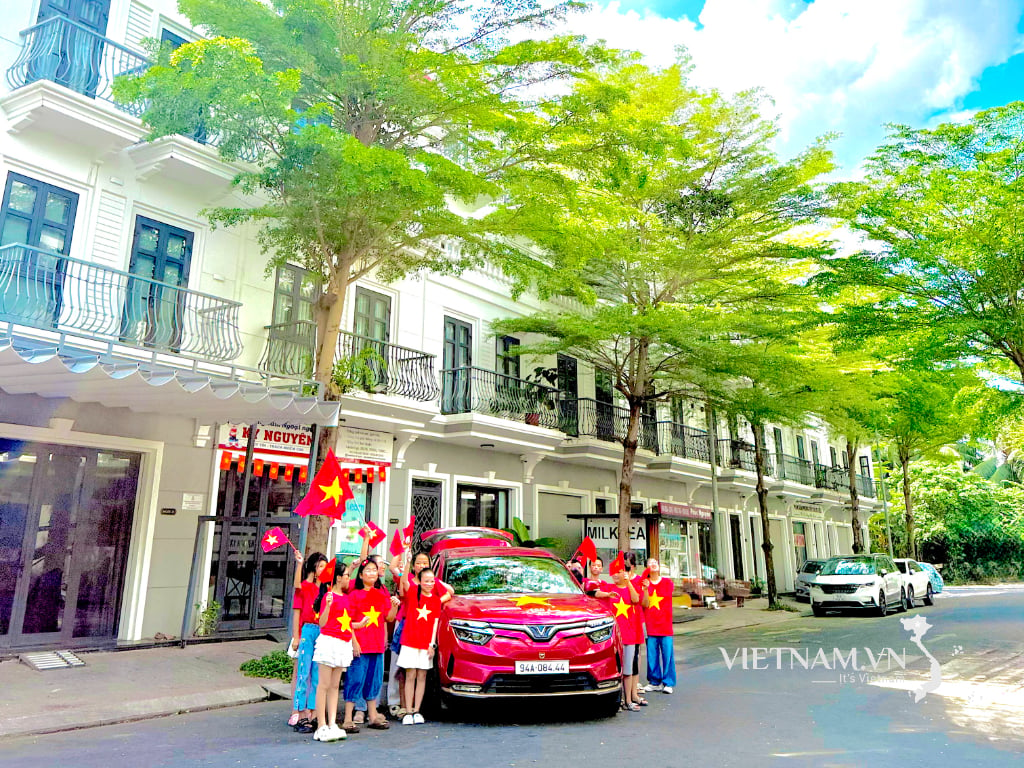
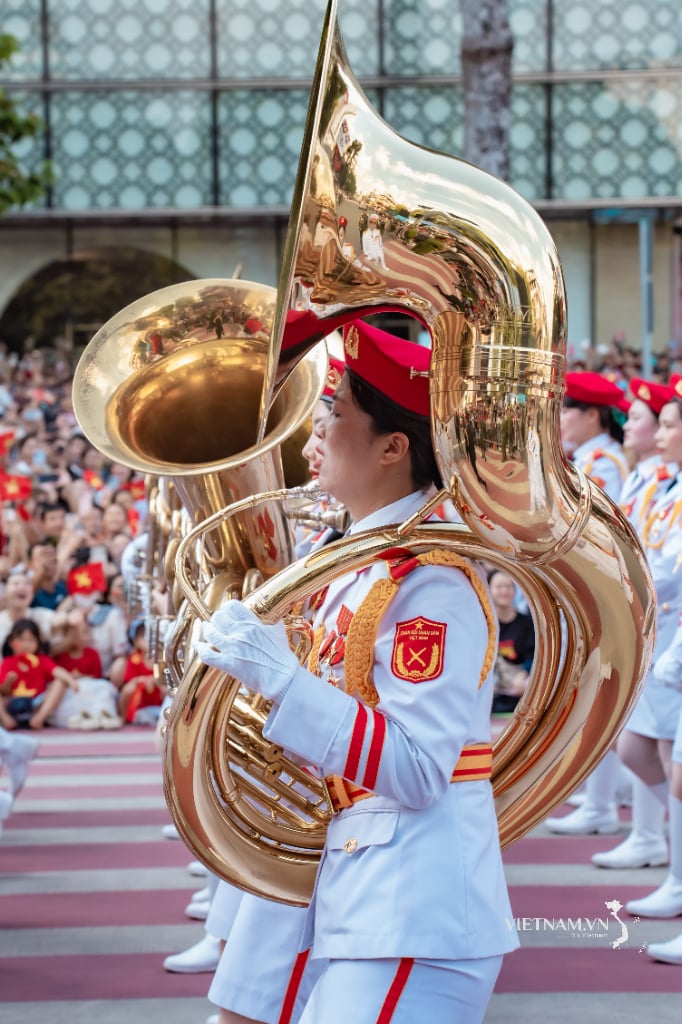
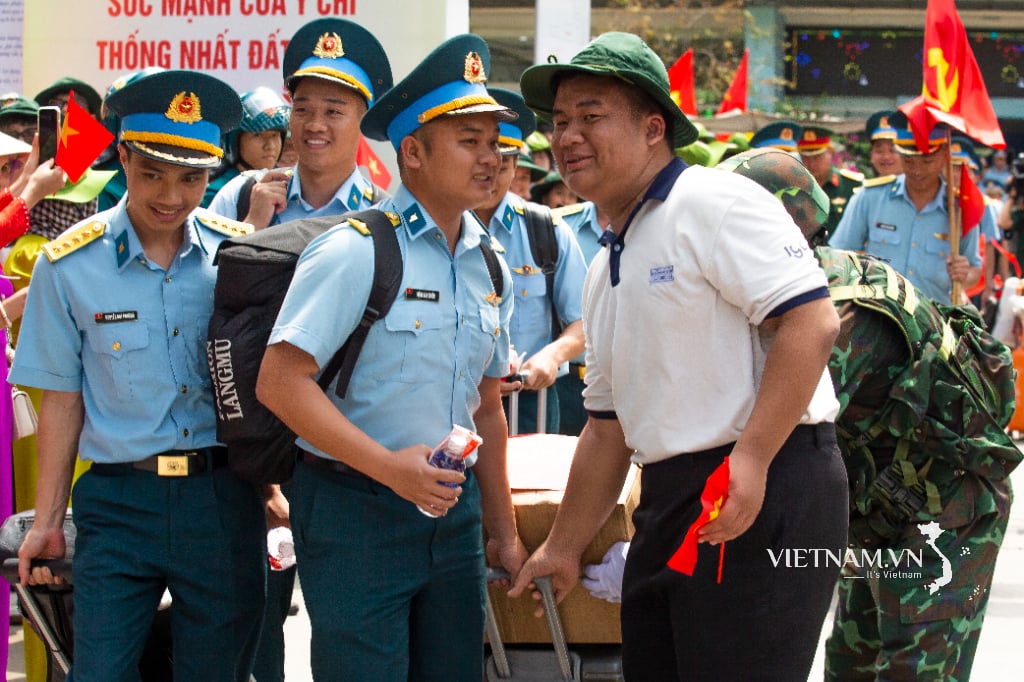
Comment (0)